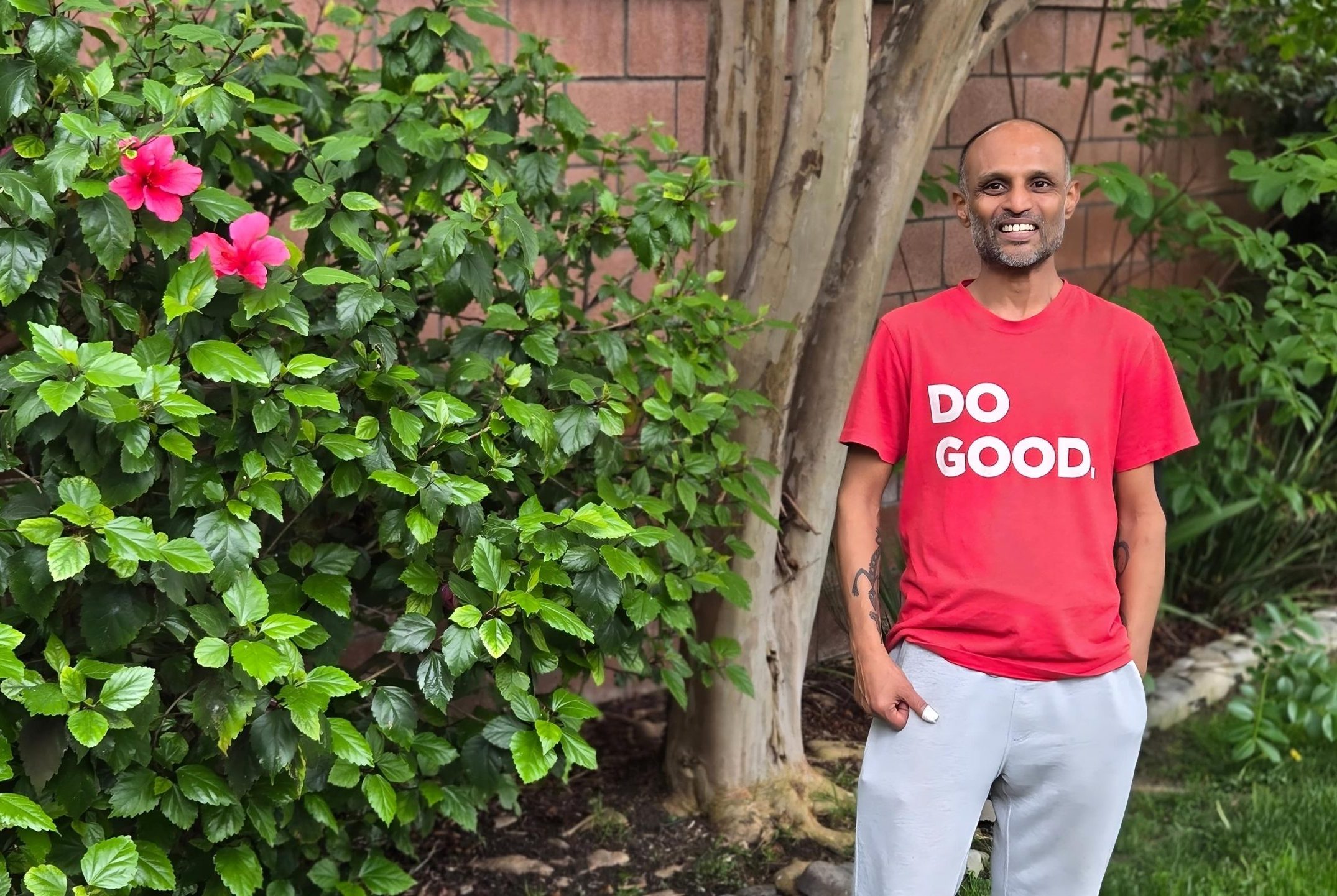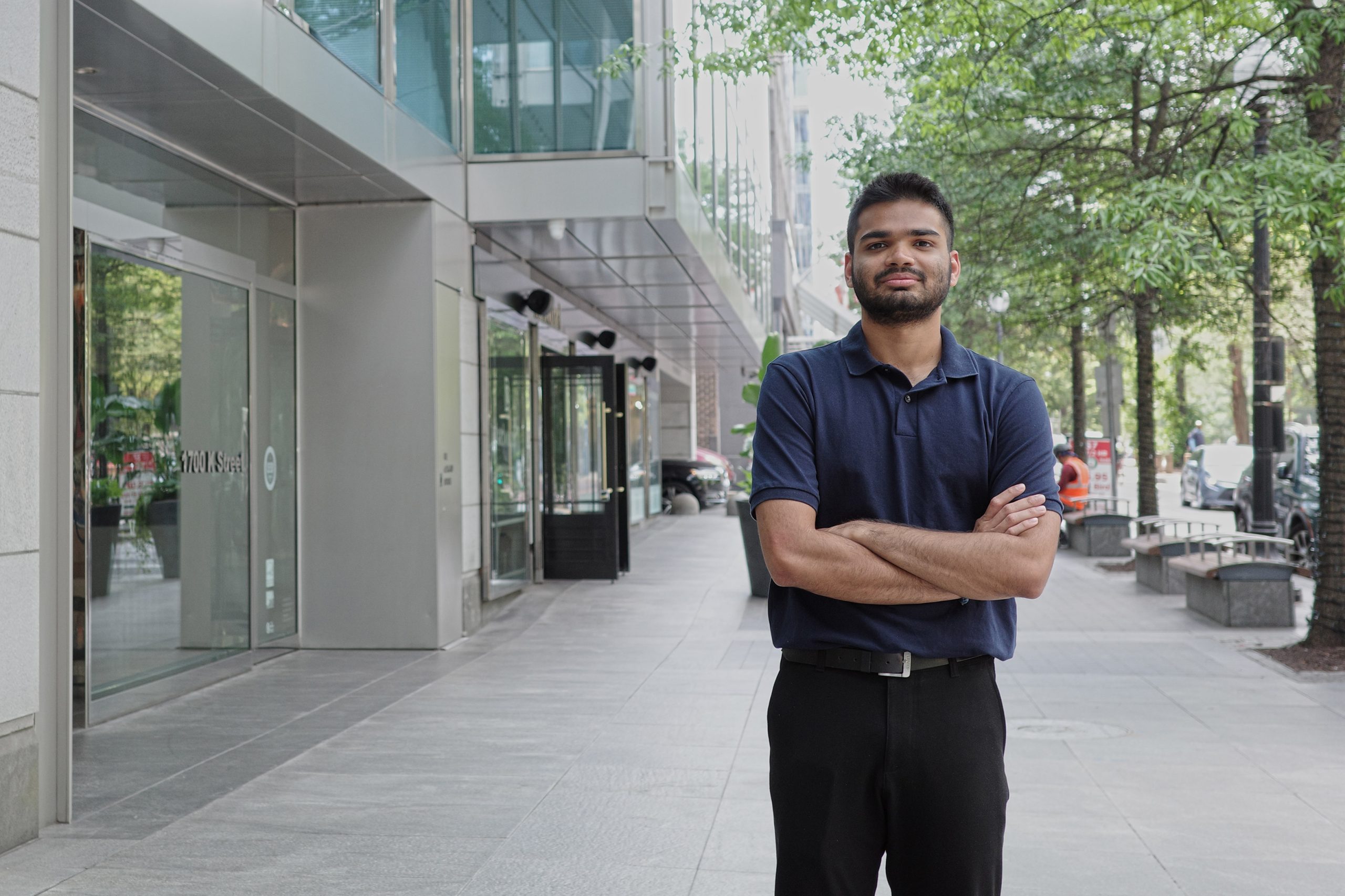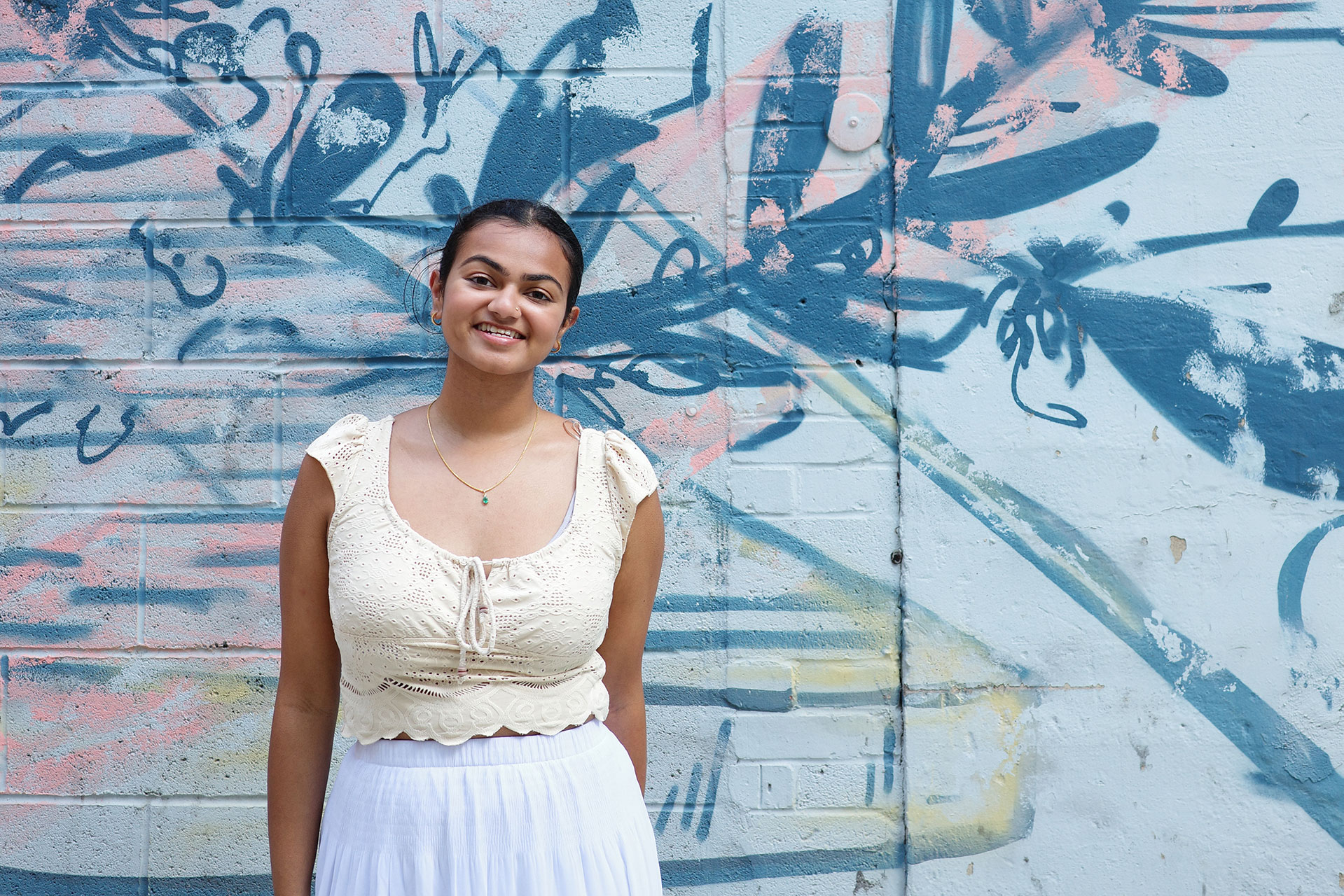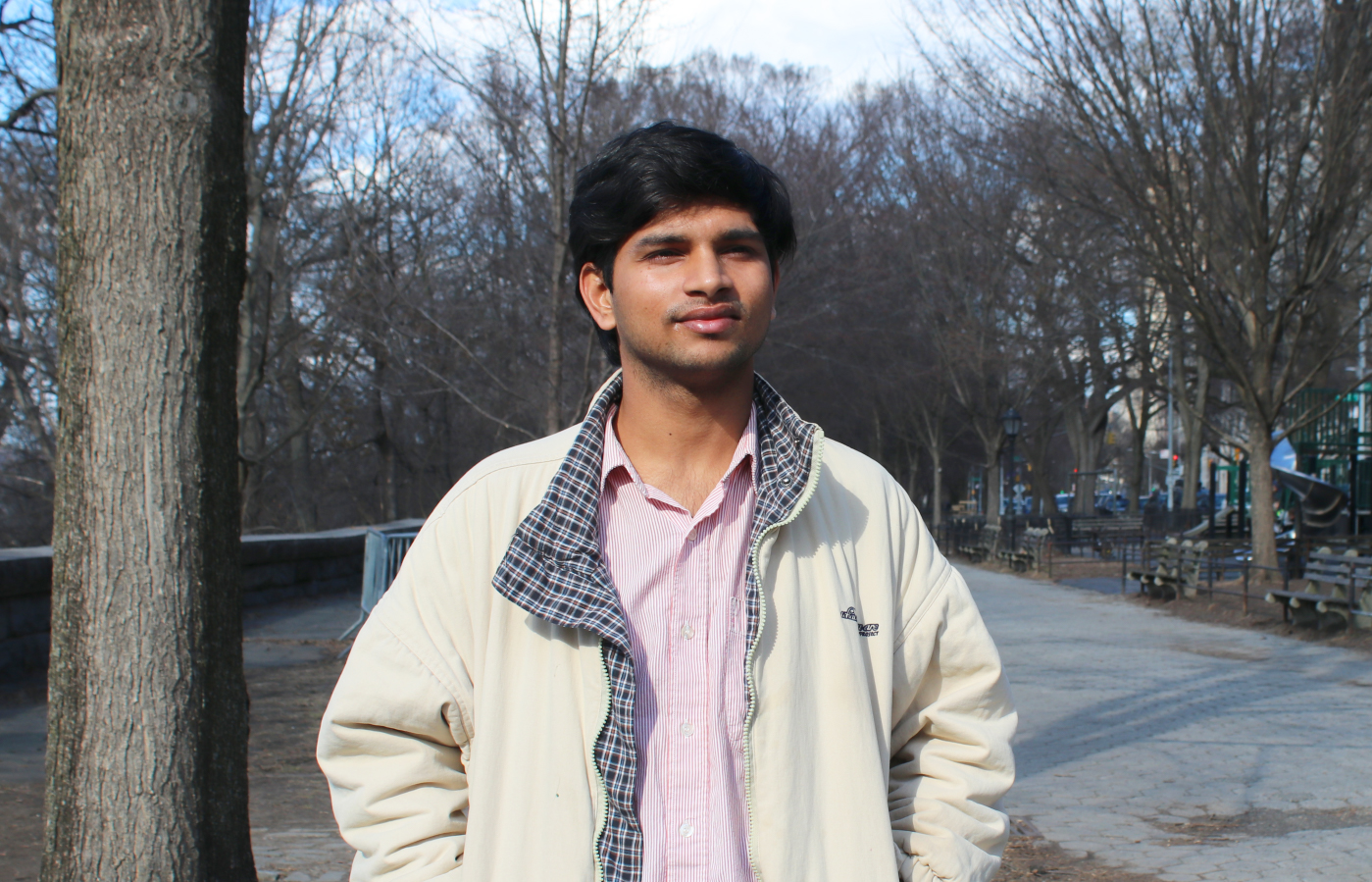I grew up in Bangalore in the early to mid-1980s. My father worked as a bank teller at the Reserve Bank of India, and my mother was a nurse. We lived in the bank quarters—a compact neighborhood where families from all backgrounds lived side by side: Hindus, Muslims, Christians. It wasn’t something we thought too much about. Their religion didn’t define our bond.
One of my dad’s colleagues was a Muslim man named Ali. They were good friends. Years later, when I came to the U.S. for college, I stayed with Mr. Ali in Texas. He had other Muslim roommates. They were kind, welcoming, and familiar in a new land. It shaped me in ways I didn’t understand at the time. I look back and realize that experience quietly made me more open.
Growing up in India, my school was Hindu-run, but many of my friends went to Christian schools like St. Joseph’s, and it didn’t seem to matter. I had two Christian friends I remember clearly. Neil was one of them and we would hang out at each other’s homes all the time. Nobody made a big deal out of it. No one ever said “don’t be friends with a Muslim” or “don’t go to that part of town.”
I think that’s part of why I didn’t grow up seeing religious difference as something threatening. Sure, we knew which areas were predominantly Muslim or Christian. But I went to karate class at the YMCA [Young Men’s Christian Association], walking past Muslim wedding halls and Christian churches along the way. I never felt unsafe.
My school was mostly Hindu, but I remember two Muslim classmates: Sajid and Mansoor, who then became my friends. Mansoor once brought chicken from home, and I asked him if I could try because we didn’t eat meat at home growing up. I don’t think my parents know about it till now. But it wasn’t a big deal. It didn’t change who I was.
The first time I became truly aware of communal tensions was around the time of the mosque-temple tensions [Babri Mosque demolition in 1992]. I was still in school, and all I understood then was that it had sent shockwaves across the country and classes were canceled. It was a moment when I realized that religious division isn’t something you’re born understanding. You’re taught it. You learn it from your surroundings. Around that time, my family was worried about Mr. Ali and his family’s safety, and later when he moved to the U.S., my dad helped him with his paperwork in India.
Ironically, I interacted with more Muslims in the U.S. than I did back home. In Chicago, I got involved with an Asian American artist collective, and many of the people there were Muslim, some were Desi, some wore hijab, some were born here. We bonded not over religion, but over culture, language, shared immigrant experiences. It was about kindness and solidarity.
In the early 2000s, around the time of the Gujarat riots, I began paying closer attention to what was happening in India. A filmmaker friend of mine, a Hindu, had gone to Gujarat to document the violence. He was attacked, mistaken for being a Muslim because of his beard. That moment marked a shift for me. Since then, I’ve paid more attention to the Muslim minority experience in India than I did when I was living there. Not because of the events alone, but also because you get to a time in your life when you start to wake up and see the world through your own eyes, rather than through the eyes of others including your parents, friends, or elders.
Still, I hold onto hope. I remember watching an India-Pakistan cricket match at a taxi drivers’ dhaba in Chicago. There were Indians, Pakistanis, Bangladeshis. We were all cheering, shouting and laughing. In that small room, the subcontinent’s wounds didn’t exist.
It’s about recognizing that we are all part of the same community. Not their community or our community. My vision of an ideal India and diaspora is simple where we show up for each other. Where we celebrate each other’s festivals. Trusting each other, being with each other, and standing up for one another. The kindness only comes with real, person-to-person interaction.




